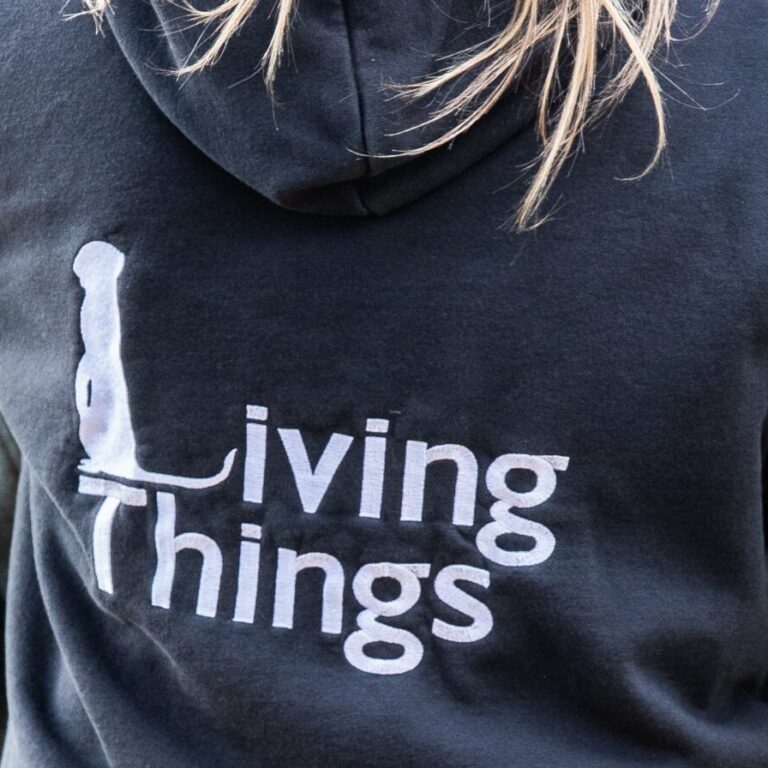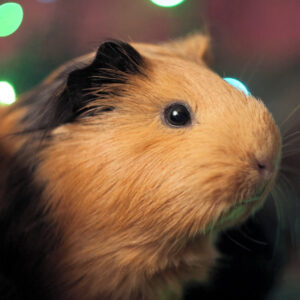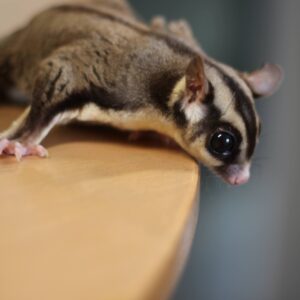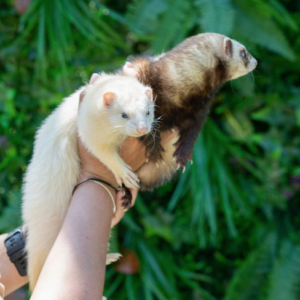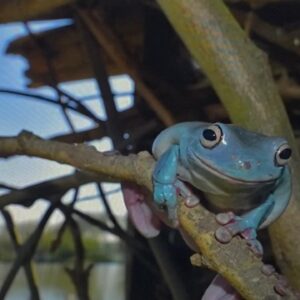Ensuring the health and safety of both our animals and people involved is our top priority. We strictly adhere to comprehensive health and safety guidelines to provide a secure environment for everyone involved. Here are some important points to keep in mind:
Hand Washing and Hygiene
To comply with our health and safety guidelines, we strongly recommend that no food be given or displayed until hand washing has been done at the end of Living Things services and experiences.
We always carry anti-bacterial hand gel, but it is essential to have hand washing facilities available. We emphasise the importance of hand washing when handling animals, and clear instructions are provided to all at the beginning and end of our services.
Protecting Against Disease
The health and welfare of our animals are of utmost importance, and we also take steps to protect the health of individuals handling our animals. It is a fact that all animals, including pets, can carry diseases that can be transferred to people. The safest way to protect against disease is by taking hygienic precautions, including thorough hand washing with hot running water and soap after handling animals. While hand gels can be helpful, they should not be considered a substitute for proper hand washing, as they do not remove contamination or kill all potential disease-causing agents.

